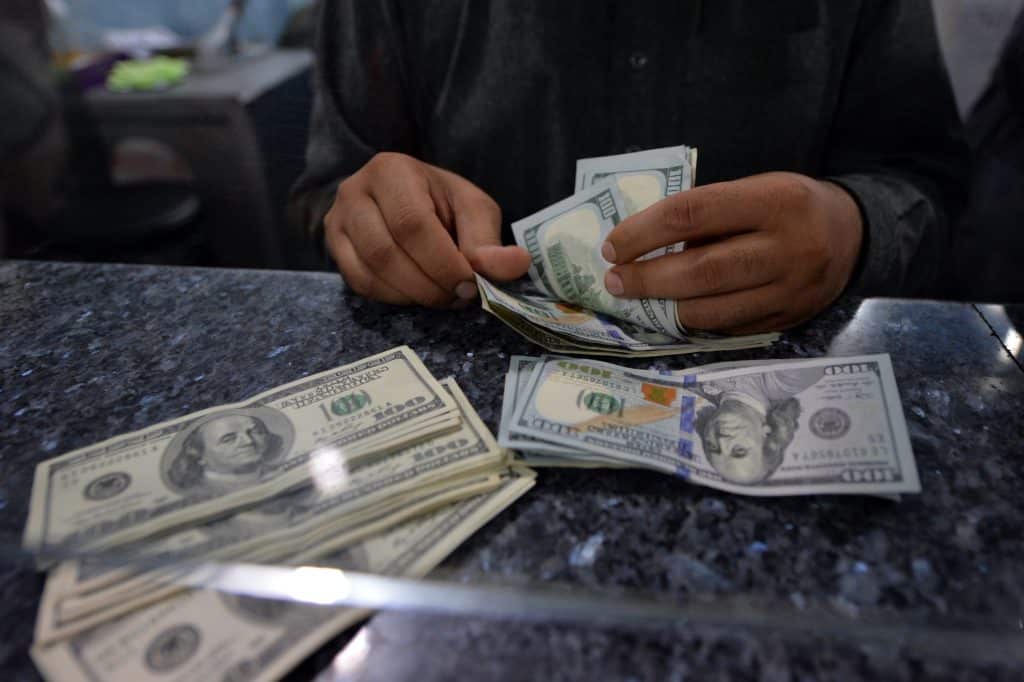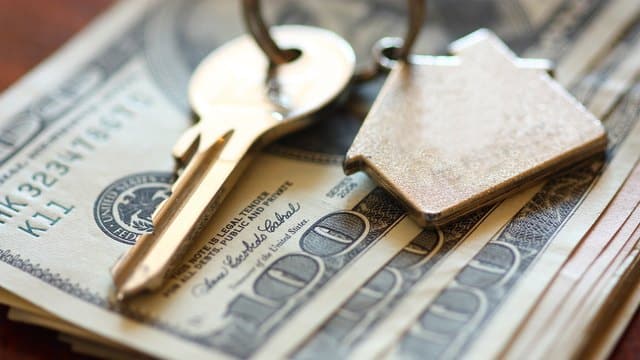While earnest money for commercial property has become a norm in the US, many CRE investors have become confused about what they can expect to pay, thus affecting their ability to make plans.
For example, sellers in a state like New York might require up to 10% of the purchase price while those in Arizona are often content with 1% of the purchase price.
In what follows we consider the reason for this variation and then provide a market survey that will guide you into what you can expect to pay across the different states of the US.
Norm vs. legal requirement
Though earnest money has become a standard requirement, you might be surprised to know that there is no legal requirement that it should be paid. Instead, it is a norm (an unwritten law) that guides both sellers and buyers of CRE.

Consequently, the amount that is required by sellers reflects the norms in the state or local community where they operate rather than a law imposed by the government.
Sellers often demand earnest money as a way to separate serious buyers from unserious ones so they can close deals as fast as possible
On the other hand, buyers have also seen it as an opportunity to gain competitive advantage with some of them now proposing to pay more than what sellers require.
In addition, though earnest money is not a legal requirement, some issues surrounding it have resulted in court cases. The most popular is in regards to what happens when sellers and buyers decide not to go through with the deal.
Traditionally, if the buyer is the one opting out and the reason is part of the contingencies contained in the signed purchase agreement, earnest money is refundable. However, there are times that disagreements occur over whether the buyer should get a refund or not.
What can you expect to pay in the US?
A nationwide survey done by Duckfund has revealed that average or typical earnest money requirements in US states are as follows.

At the upper rung are states like Michigan, New York, and Alaska, where you can expect to pay up to 10% of the purchase price. If you are in Massachusetts, earnest money should be around 5% and if you are in Louisiana, Pennsylvania, and Florida, it can be anywhere between 5% and 10%.
At the lower rung is a state like Iowa where earnest money is between 0.5% and 1% of the purchase price. Close to Iowa are states like Arizona, Oklahoma, North Carolina, South Carolina, and South Dakota where it is 1% of purchase price. In Nevada, Wisconsin, Wyoming, and Ohio, the requirement is between 1% and 2% while it is between 1% and 3% in California, Connecticut, Georgia, Kansas, North Dakota, and Kentucky.
Finally, you can expect to pay between 1% and 5% in Colorado, Idaho, and Hawaii.
How you can expect to pay earnest money in the US
Cash, wire transfers, cashier’s check, personal check, and certified check are the common payment methods for earnest money in the US.

However, in states like Colorado, cash is no longer accepted.
Also, while a certified check is common in New York, wire transfer is more popular in a place like Florida. This is why it’s important to understand the nuances of different payment methods money order vs cashier check and the preferred forms of payment within your state.
Variation also exists in the way terms of payments are structured.
While one-time payment is the most common, sellers in Rhode Island and Illinois allow buyers to pay a part of the earnest money after the signing of the purchase agreement and the remainder after the completion of due diligence.
Furthermore, though a fixed percentage of purchase price is the most popular, sellers in Nebraska, Maryland, and South Dakota also accept a fixed amount. For example, earnest money ranges between $500 and $5,000 in South Dakota.
Don’t be held back by variability
The best way to protect yourself from the variability of earnest money is to have a source that will consistently provide you with whatever earnest money you need for all your deals. In this way, it won’t matter if the earnest money required is 1% or 10% of the purchase price.
This is what Duckfund, an earnest money financing company, provides. You can get the earnest money you need for multiple deals at once, irrespective of the amount and the asset class.
Moreover, unlike traditional banks, Duckfund does not require credit report and it will get cash ready within 48 hours. Likewise, unlike online lenders, financing fee is cost-effective and adapted to the details of every deal.

